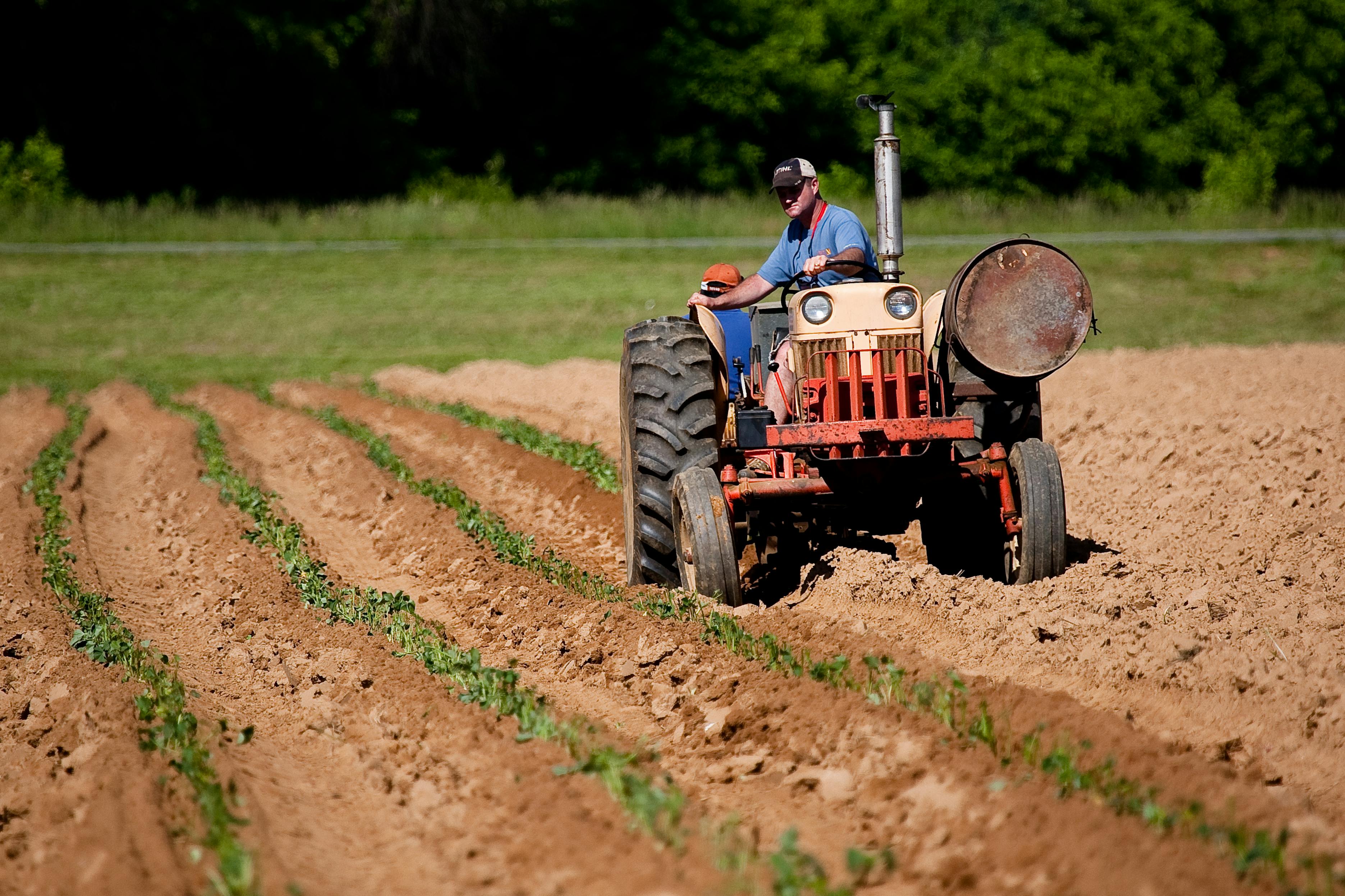Compact Tractors Transform Modern Farming Operations
Explore how compact tractors can benefit farming by providing a versatile, efficient, and easy-to-use solution. Suitable for smaller farms, these machines handle plowing, hauling, and landscaping tasks, helping farmers complete work faster, reduce labor, and maintain higher productivity levels.

What Makes Compact Tractors Essential for Efficient Farming Operations?
Compact tractors typically range from 15 to 60 horsepower and feature smaller frames that allow operators to navigate tight spaces without sacrificing functionality. These machines excel in diverse farming environments where larger equipment cannot operate effectively. Their design incorporates four-wheel drive systems, hydraulic capabilities, and power take-off features that enable farmers to perform multiple tasks with a single piece of equipment.
The efficiency gains from compact tractors stem from their ability to handle precision work in confined areas such as greenhouse operations, orchard maintenance, and small-plot cultivation. Farmers can switch between implements quickly, reducing downtime and increasing productivity throughout the growing season. The compact design also minimizes soil compaction compared to heavier machinery, preserving soil health and crop yields.
How Do Farmers Benefit from Using Compact Tractors on Their Operations?
Modern farming demands equipment that delivers versatility without compromising performance. Compact tractors provide farmers with year-round utility, functioning effectively for planting, cultivating, harvesting, and maintenance tasks. During growing seasons, these machines handle precision planting and cultivation work, while off-season operations include snow removal, material handling, and facility maintenance.
The fuel efficiency of compact tractors significantly reduces operational costs compared to larger equipment. Many models consume 2-4 gallons of diesel per hour under normal working conditions, making them economical choices for daily farm operations. Additionally, their lower maintenance requirements and readily available parts contribute to reduced long-term ownership costs.
Operators appreciate the user-friendly controls and improved visibility that compact tractors offer. Modern models incorporate ergonomic designs, climate-controlled cabs, and intuitive control systems that reduce operator fatigue during extended work periods. These features translate to increased productivity and safer working conditions across various farming applications.
What Role Do Compact Tractors Play in Improving Farm Productivity?
Compact tractors enhance productivity through their remarkable implement compatibility and quick-change systems. Farmers can utilize front-end loaders, rotary cutters, tillers, seeders, and harvesting equipment with the same base machine. This versatility eliminates the need for multiple specialized vehicles, streamlining operations and reducing equipment investments.
The precision capabilities of compact tractors enable farmers to work closer to plants, structures, and property boundaries without causing damage. This accuracy becomes particularly valuable in specialty crop production, where maintaining specific spacing and avoiding plant damage directly impacts yield quality and quantity. Row crop farmers benefit from the ability to perform cultivation work without disturbing neighboring plants or irrigation systems.
Time savings represent another significant productivity advantage. Compact tractors can complete tasks that would require hand labor in a fraction of the time. A compact tractor with appropriate implements can accomplish cultivation work that might take several workers hours to complete manually, allowing farmers to reallocate human resources to other critical farm activities.
How Do Compact Tractors Contribute to Overall Farming Efficiency?
Farming efficiency encompasses resource management, time optimization, and cost control. Compact tractors excel in all these areas through their adaptable design and operational capabilities. Their ability to operate in various weather conditions extends the working window for many farm tasks, helping farmers maintain schedules despite seasonal challenges.
The multitasking capabilities of compact tractors reduce the complexity of farm equipment management. Instead of maintaining multiple specialized machines, farmers can focus their maintenance efforts and parts inventory on fewer pieces of equipment. This consolidation leads to improved equipment reliability and reduced maintenance costs over time.
| Tractor Model | Manufacturer | Horsepower Range | Cost Estimation |
|---|---|---|---|
| B Series | Kubota | 23-26 HP | $18,000-$25,000 |
| 1025R | John Deere | 25 HP | $16,000-$23,000 |
| Branson 2400H | Branson Tractors | 24 HP | $14,000-$19,000 |
| Mahindra 1626 | Mahindra USA | 26 HP | $15,000-$21,000 |
| LS MT225E | LS Tractor | 25 HP | $13,000-$18,000 |
Prices, rates, or cost estimates mentioned in this article are based on the latest available information but may change over time. Independent research is advised before making financial decisions.
Modern compact tractors incorporate advanced hydraulic systems that provide consistent power delivery across various implements and working conditions. These systems maintain performance levels regardless of terrain challenges or implement demands, ensuring reliable operation throughout diverse farming tasks. The hydraulic efficiency also contributes to fuel economy and reduces environmental impact compared to older equipment designs.
The technological integration in contemporary compact tractors includes GPS guidance systems, automated implement controls, and performance monitoring capabilities. These features help farmers optimize their operations through data-driven decision-making and precise application of inputs such as seeds, fertilizers, and pesticides.
Compact tractors represent a practical investment for farmers seeking to balance operational capability with economic efficiency. Their combination of versatility, fuel economy, and manageable size makes them suitable for diverse agricultural applications while providing the reliability necessary for consistent farm operations. As farming continues to evolve toward precision agriculture and sustainable practices, compact tractors offer the flexibility needed to adapt to changing requirements while maintaining productivity and profitability in competitive agricultural markets.




